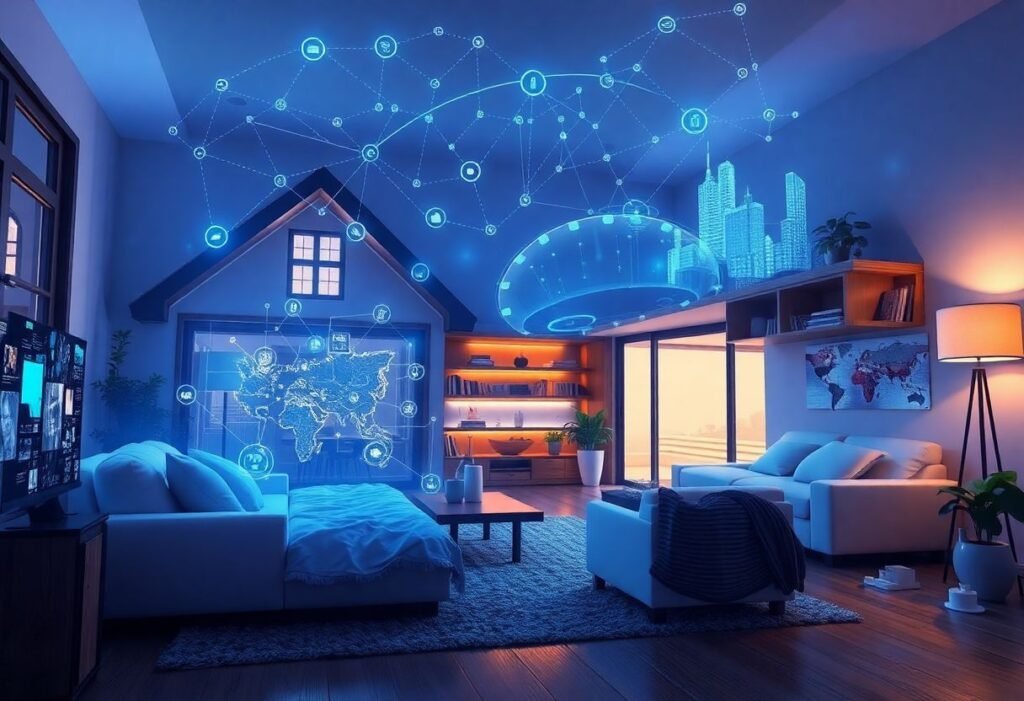The future of IoT in home automation is poised for remarkable transformations, reshaping how we interact with our living spaces. As innovation swiftly advances, homeowners can expect a more connected, efficient, and intelligent home environment.
The Rise of Smart Home Devices
Smart home devices have gained tremendous popularity in recent years. From smart thermostats to connected security cameras, these innovations offer convenience and peace of mind. Consumers can control their home environments through mobile applications and voice commands, making it easier to manage energy consumption and enhance security. As technology continues to evolve, we can anticipate an increase in the integration of artificial intelligence into these devices, allowing for more personalized interactions and improved efficiency.
Enhanced Connectivity and Interoperability
The future of IoT in home automation hinges on enhanced connectivity among devices. Interoperability is key; different devices from various manufacturers must work seamlessly together. Initiatives such as the Matter protocol are emerging to ensure that devices can communicate effectively, creating a unified ecosystem. This interconnectedness will lead to smarter homes that respond intuitively to the needs and preferences of the occupants, thus optimizing daily routines.
Energy Management and Sustainability
One of the crucial benefits of IoT in home automation is improved energy management. Smart meters and connected appliances can provide real-time data on energy consumption, enabling homeowners to make informed decisions about their energy usage. As a result, this leads to not only cost savings but also a smaller carbon footprint. Homeowners can participate in energy efficiency programs more effectively, contributing to a more sustainable environment.
Security Innovations in Home Automation
Home security is being revolutionized by IoT technologies. Smart locks, video doorbells, and motion-sensitive cameras are just a few examples of devices that enhance security. These innovations allow homeowners to monitor their properties remotely and receive alerts in real-time. As cybersecurity threats continue to evolve, manufacturers are prioritizing security features, ensuring that all smart devices are protected against unauthorized access.
The Role of Machine Learning in Automation
Machine learning plays a significant role in advancing home automation systems. By analyzing data collected from various devices, these systems can learn from user behaviors and make proactive adjustments to improve comfort and efficiency. For example, a smart thermostat can adjust the temperature based on the occupants’ schedules and preferences, optimizing energy usage. This ability to learn and adapt showcases the transformative potential of IoT technologies in modern homes.
Future Trends to Watch
The landscape of home automation is constantly evolving. Future trends may include increased reliance on voice-activated systems, more intuitive interfaces, and enhanced AI capabilities. As 5G networks roll out, the speed and reliability of IoT applications will improve significantly, allowing for more robust connections between devices. Homeowners can look forward to increasingly sophisticated solutions that enhance their living environment and promote efficiency.
Disclaimer: The content of this article is for informational purposes only and should not be considered as professional advice.





















